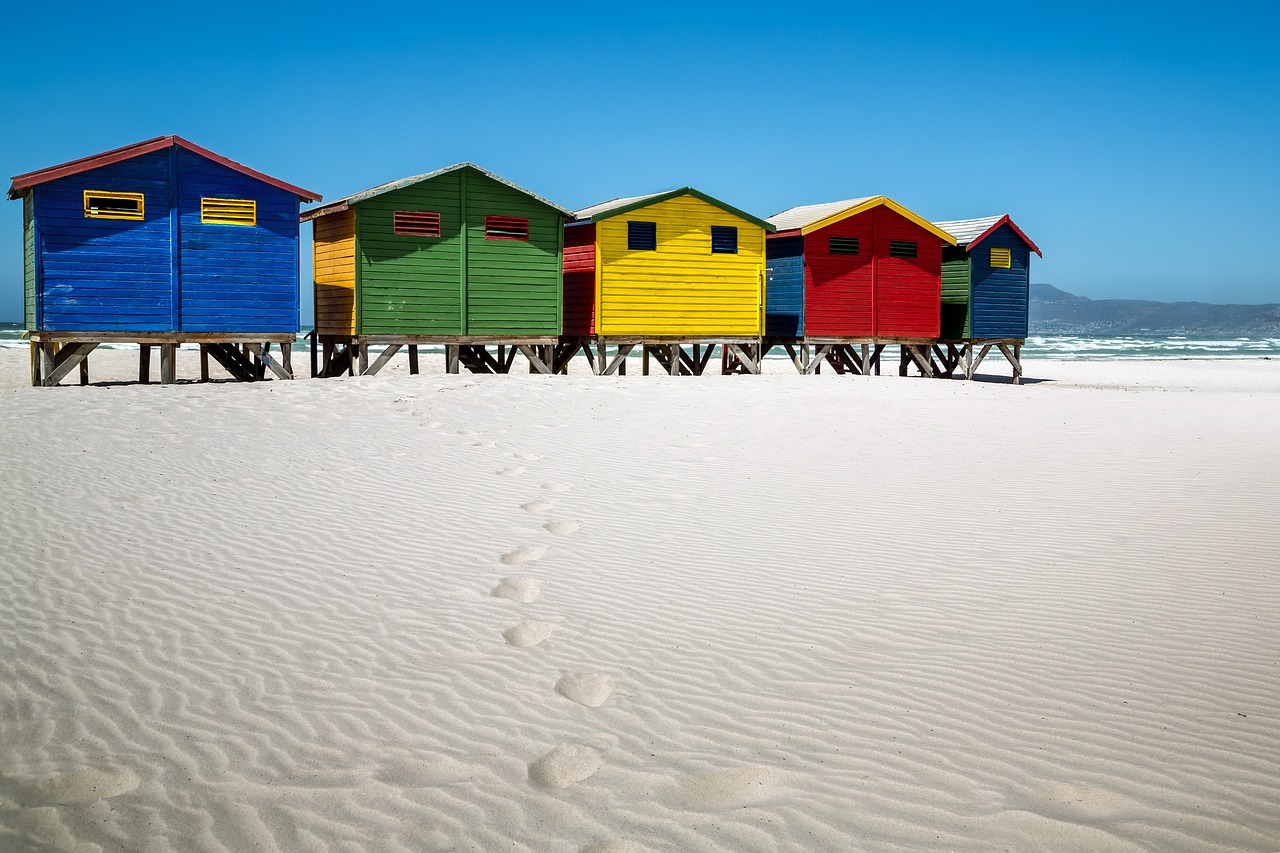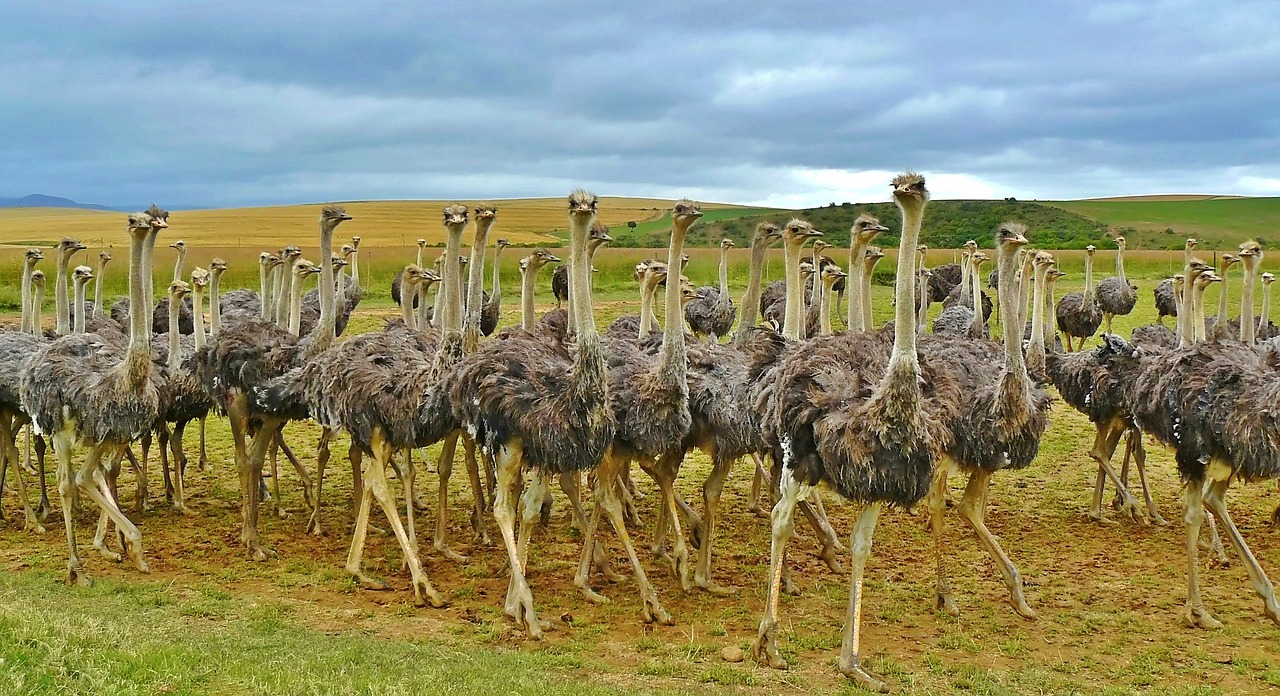Weathering South Africa: Seasonal Changes and What to Expect
South Africa is a diverse country with a wide range of climates and weather patterns. From the arid deserts of the Karoo to the lush forests of the Garden Route, each region experiences its own unique weather conditions throughout the year. Understanding the seasonal changes and what to expect can help visitors better plan their trips and make the most of their time in this beautiful country.
Introduction
South Africa is located in the Southern Hemisphere, which means its seasons are opposite to those in the Northern Hemisphere. The country experiences four distinct seasons: summer, autumn, winter, and spring. Each season brings its own characteristics and weather patterns, offering a variety of experiences for travelers.
Summer
During the summer months in South Africa, which span from December to February, the country experiences warm and sunny weather. Average temperatures range from 25 to 35 degrees Celsius (77 to 95 degrees Fahrenheit), with coastal areas being slightly cooler due to sea breezes. This is the peak tourist season, with many visitors flocking to the beaches and national parks.
- Beach Activities: South Africa’s coastline offers numerous opportunities for beach activities such as swimming, surfing, and sunbathing. The warm waters of the Indian Ocean attract both locals and tourists.
- Wildlife Viewing: Summer is an ideal time for wildlife enthusiasts as it coincides with the birthing season for many animals. National parks like Kruger National Park and Addo Elephant National Park offer excellent game viewing opportunities.
- Outdoor Festivals: South Africa hosts various outdoor festivals during the summer months, including music festivals and cultural events. The Cape Town Jazz Festival and the Durban July Horse Race are popular highlights.
South Africa Image 1: 
Autumn
Autumn in South Africa falls between March and May, bringing milder temperatures and less rainfall. The weather is generally pleasant, making it an ideal time for outdoor activities and exploring the country’s diverse landscapes.
- Vineyard Tours: Autumn is harvest season in South Africa’s wine regions, such as Stellenbosch and Franschhoek. Visitors can enjoy vineyard tours, wine tastings, and food pairings while taking in the beautiful autumn colors.
- Hiking and Nature Walks: The cooler temperatures and vibrant foliage make autumn an excellent time for hiking and nature walks. Popular hiking trails include Table Mountain in Cape Town and the Drakensberg Mountains in KwaZulu-Natal.
- Cultural Events: Autumn is a season of cultural celebrations in South Africa. The AfrikaBurn festival, held in the Tankwa Karoo National Park, is a unique event that showcases art, music, and self-expression.
Winter
Winter in South Africa spans from June to August, bringing cooler temperatures and some rainfall. While the weather may be colder compared to other seasons, winter still offers plenty of opportunities for exploration and adventure.
- Whale Watching: Winter is the best time to witness the southern right whales along the South African coastline. Hermanus and Plettenberg Bay are popular destinations for whale watching.
- Snow Activities: The higher elevations of the Drakensberg and Maluti Mountains occasionally receive snowfall during winter. This creates opportunities for skiing, snowboarding, and snowball fights.
- Cultural Experiences: South Africa’s cities come alive during winter with theater performances, art exhibitions, and music concerts. The National Arts Festival in Grahamstown is a major highlight.
South Africa Image 2: 
Spring
Spring in South Africa occurs from September to November, bringing warmer temperatures and blooming flora. It is a season of renewal and rejuvenation, with the landscapes transforming into a colorful spectacle.
- Flower Viewing: The West Coast and Namaqualand regions are famous for their spring flower displays. The vibrant carpets of wildflowers attract visitors from around the world.
- Outdoor Adventures: Spring is an ideal time for outdoor activities such as hiking, mountain biking, and rock climbing. The weather is pleasant, and the landscapes are bursting with life.
- Cultural Festivals: South Africa celebrates Heritage Day in September, which is a time to embrace the country’s diverse cultures and traditions. Various festivals and events take place during this season.
Conclusion
South Africa offers a wide range of weather conditions and experiences throughout the year. From the sunny beaches of summer to the colorful landscapes of spring, each season has its own unique charm. By understanding the seasonal changes and what to expect, travelers can plan their trips accordingly and make the most of their time in this diverse and beautiful country.
South Africa Image 3: 
References
– National Geographic: www.nationalgeographic.com
– South African Weather Service: www.weathersa.co.za
– South African Tourism: www.southafrica.net

